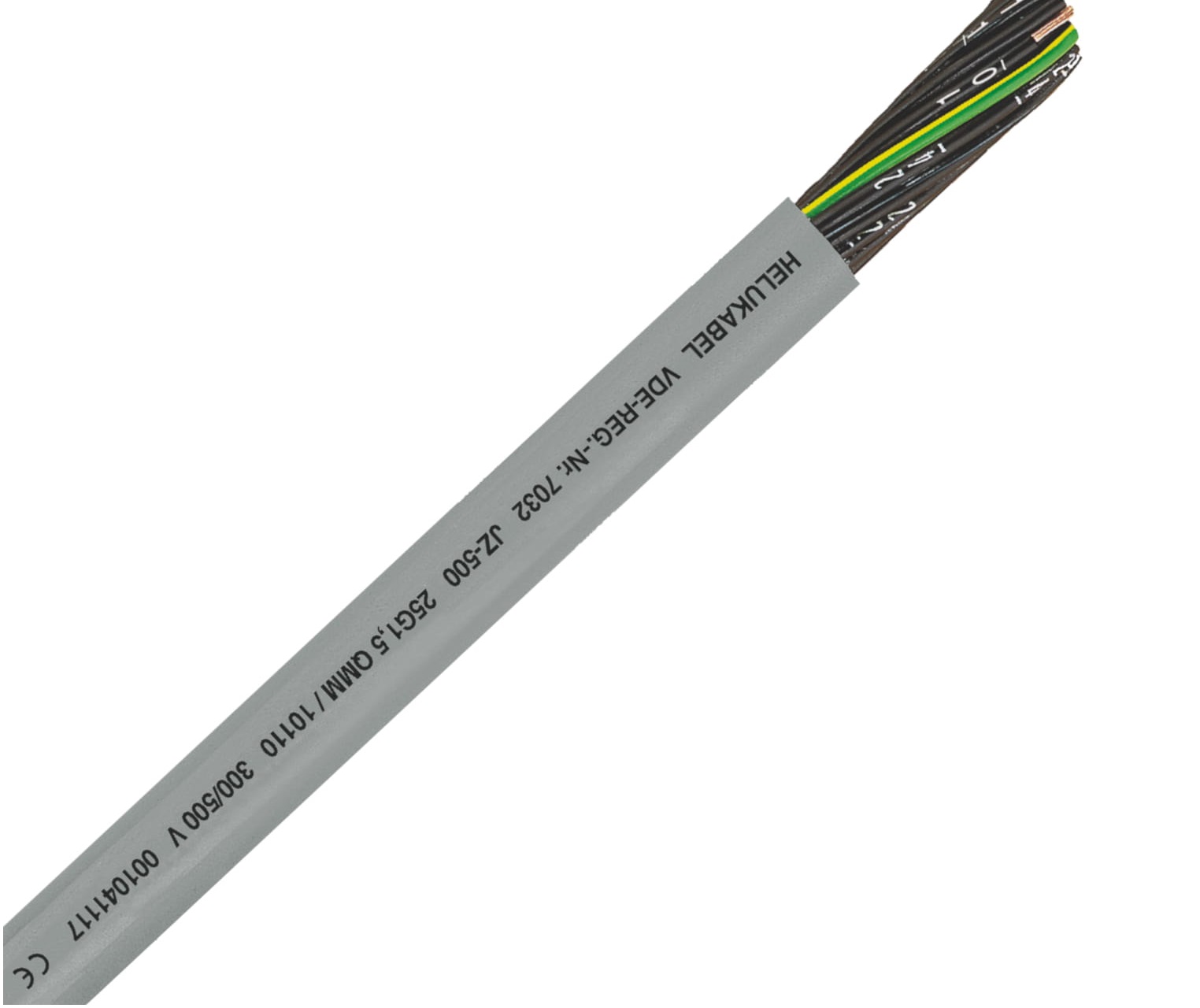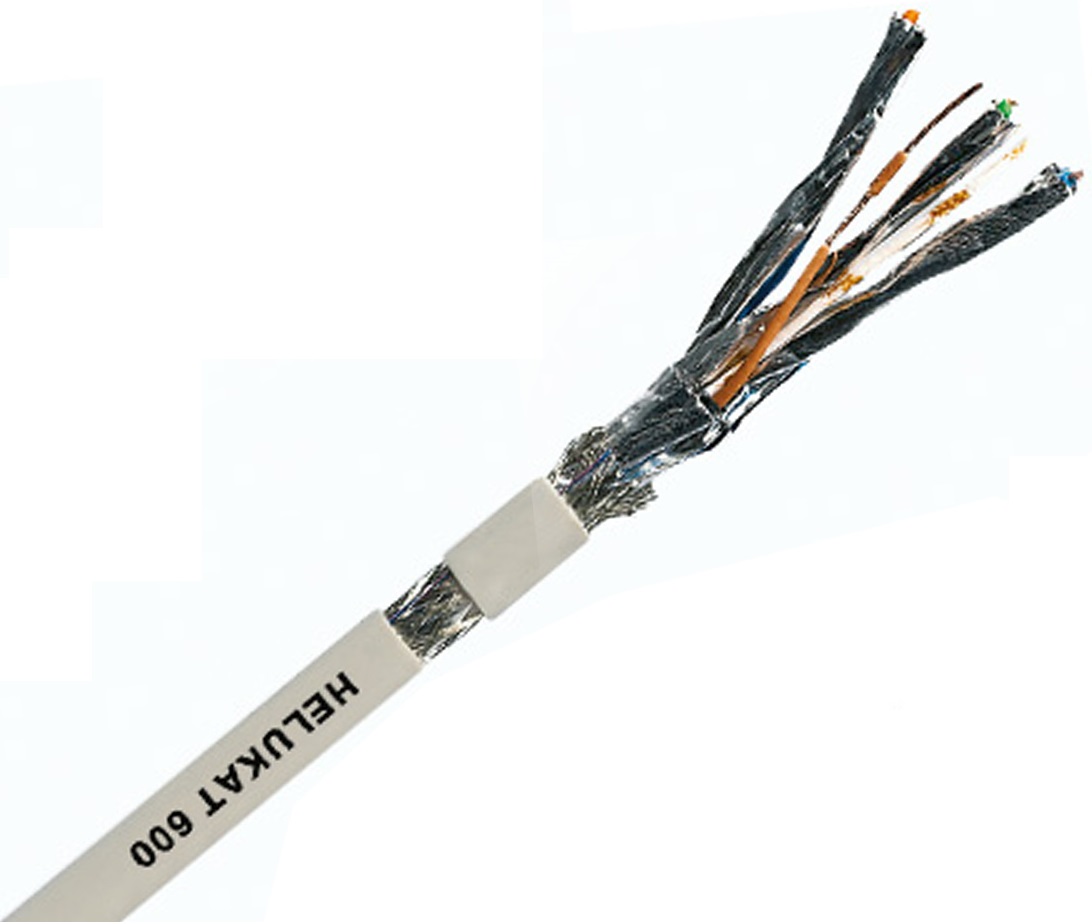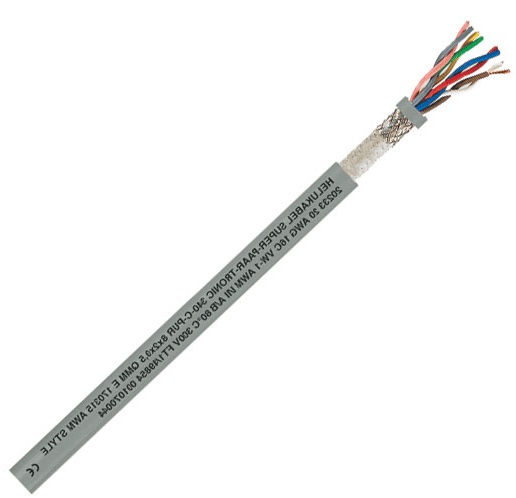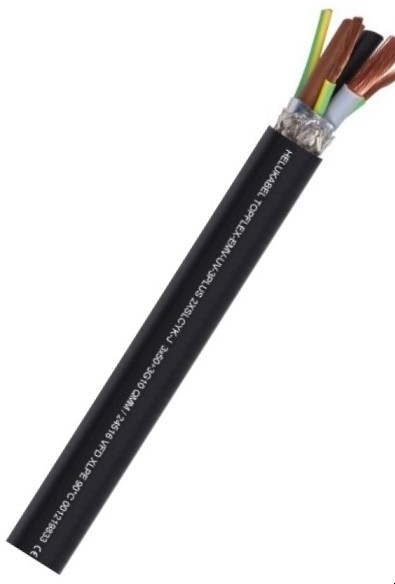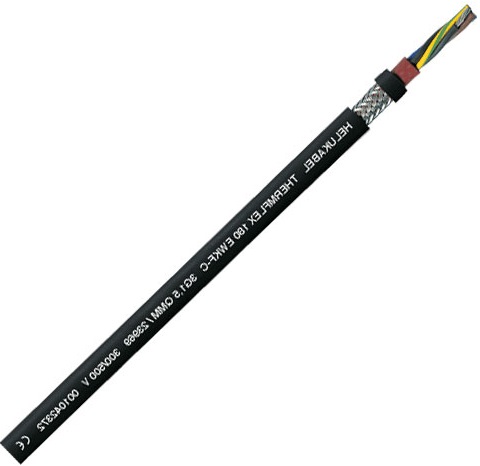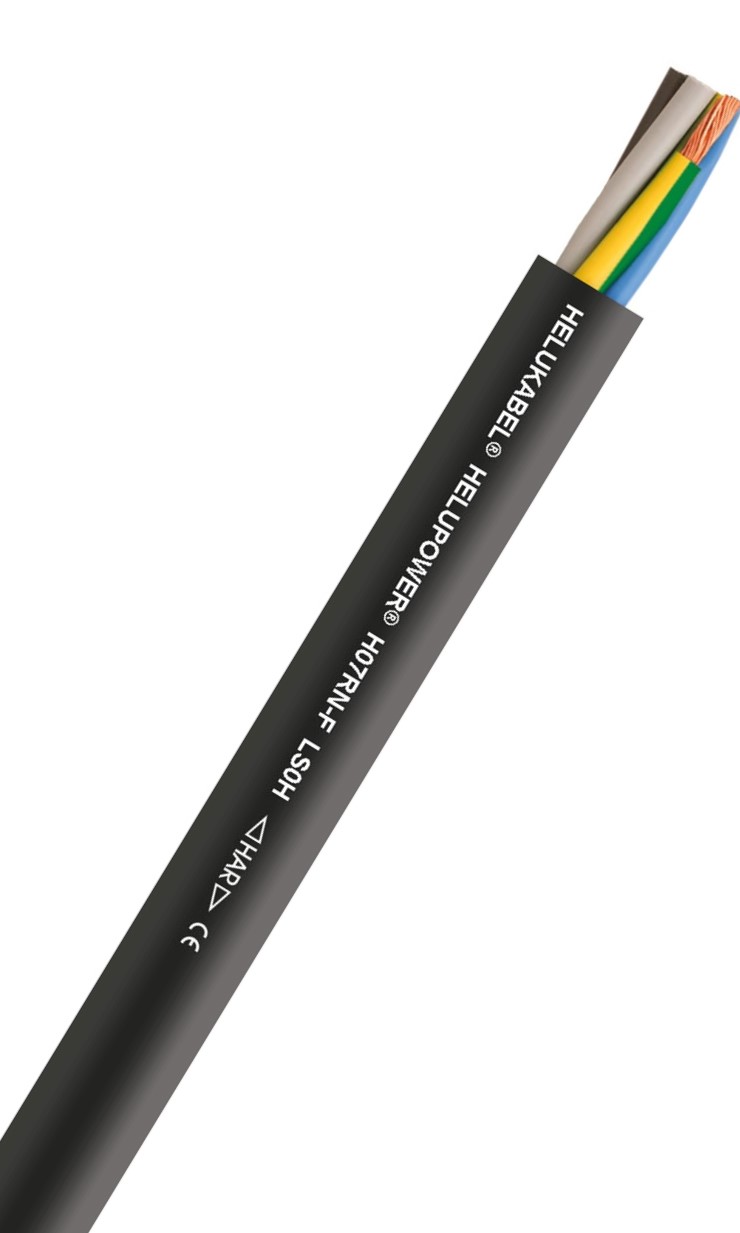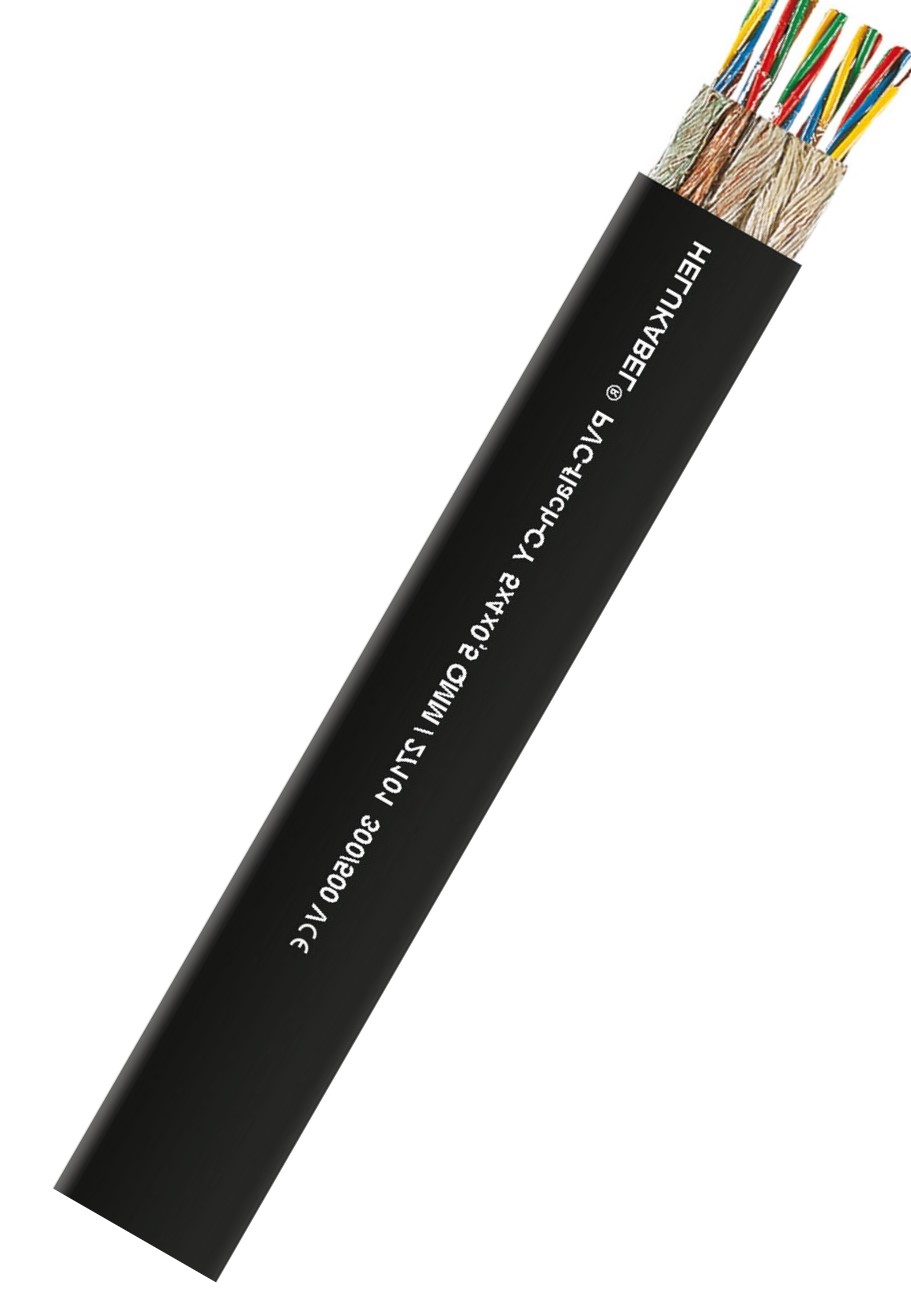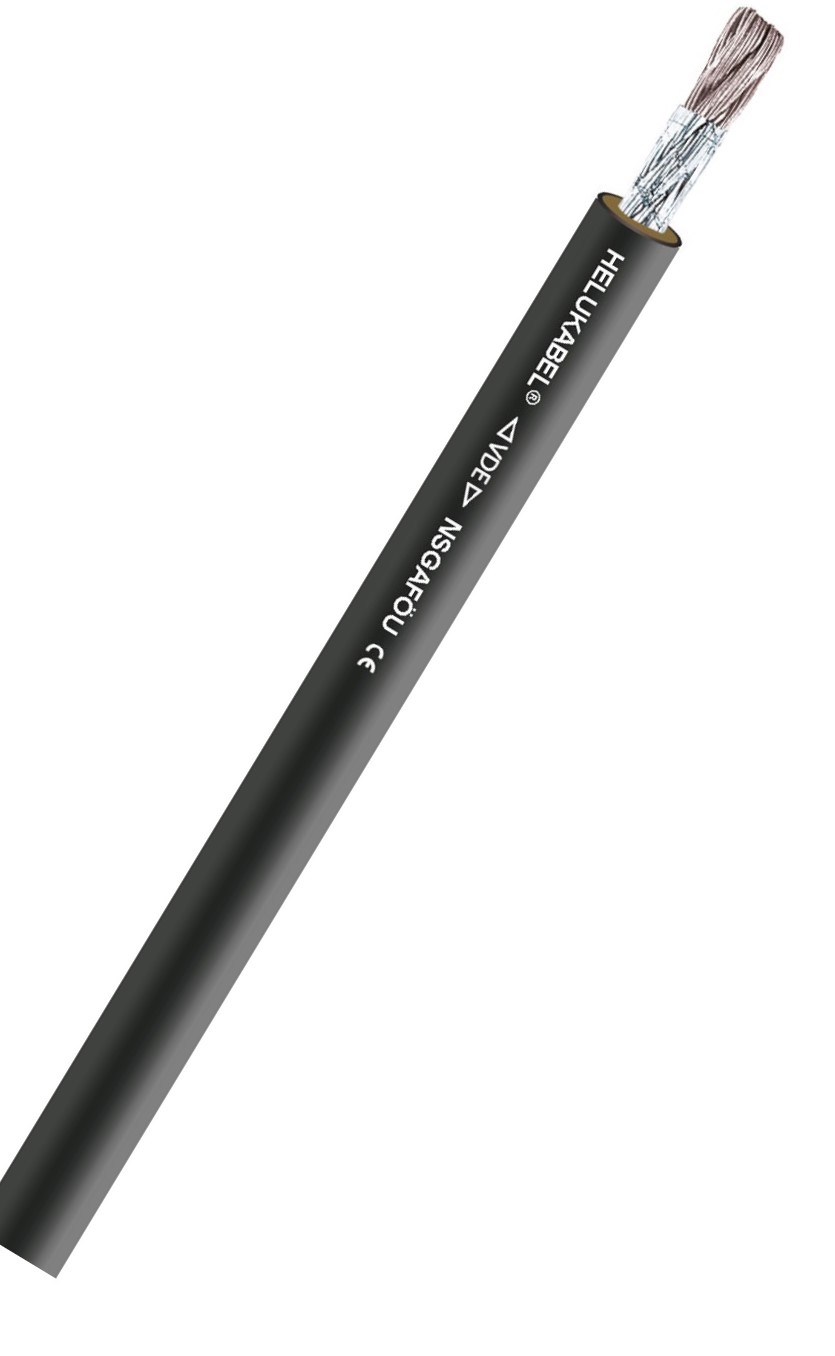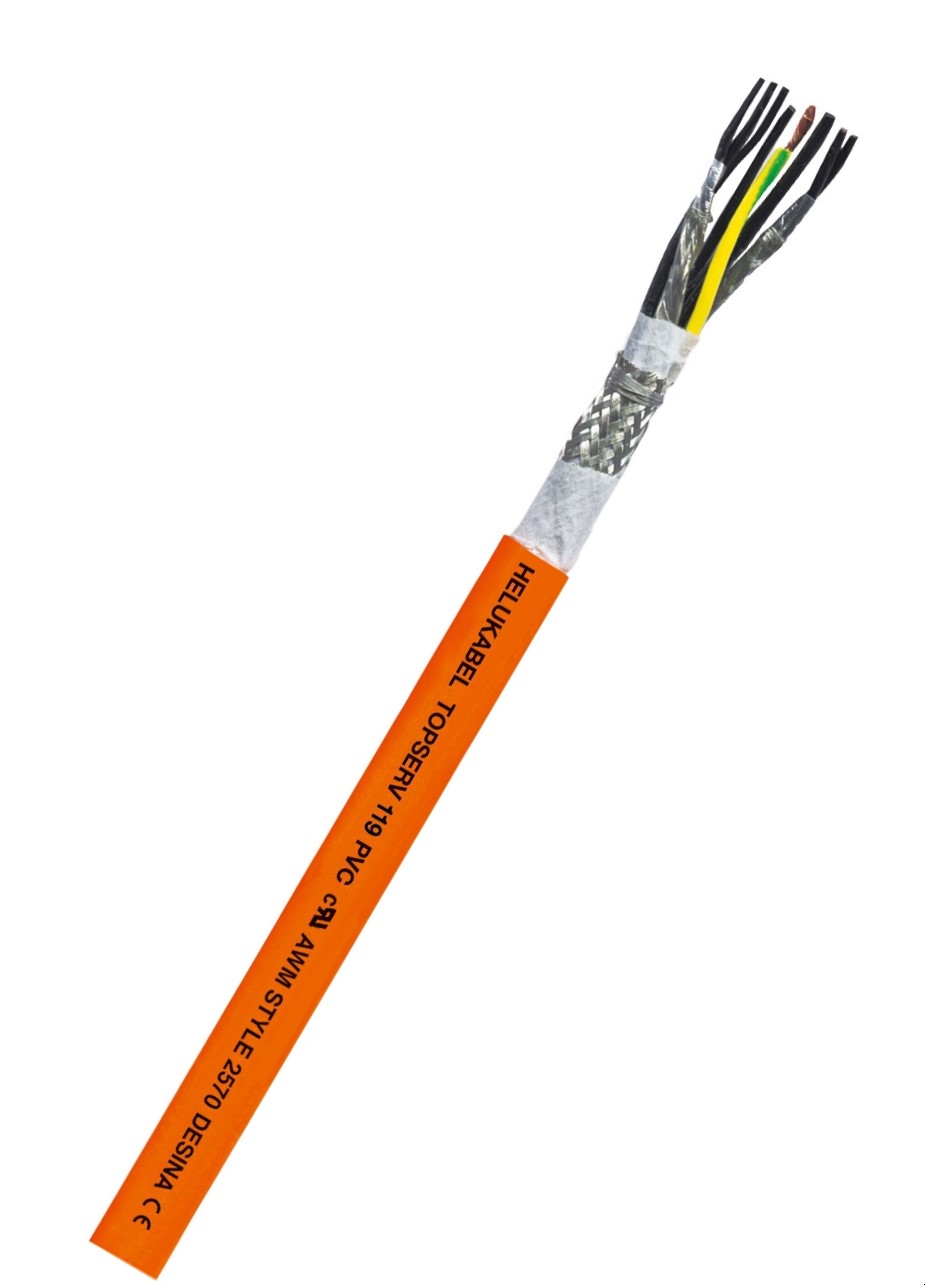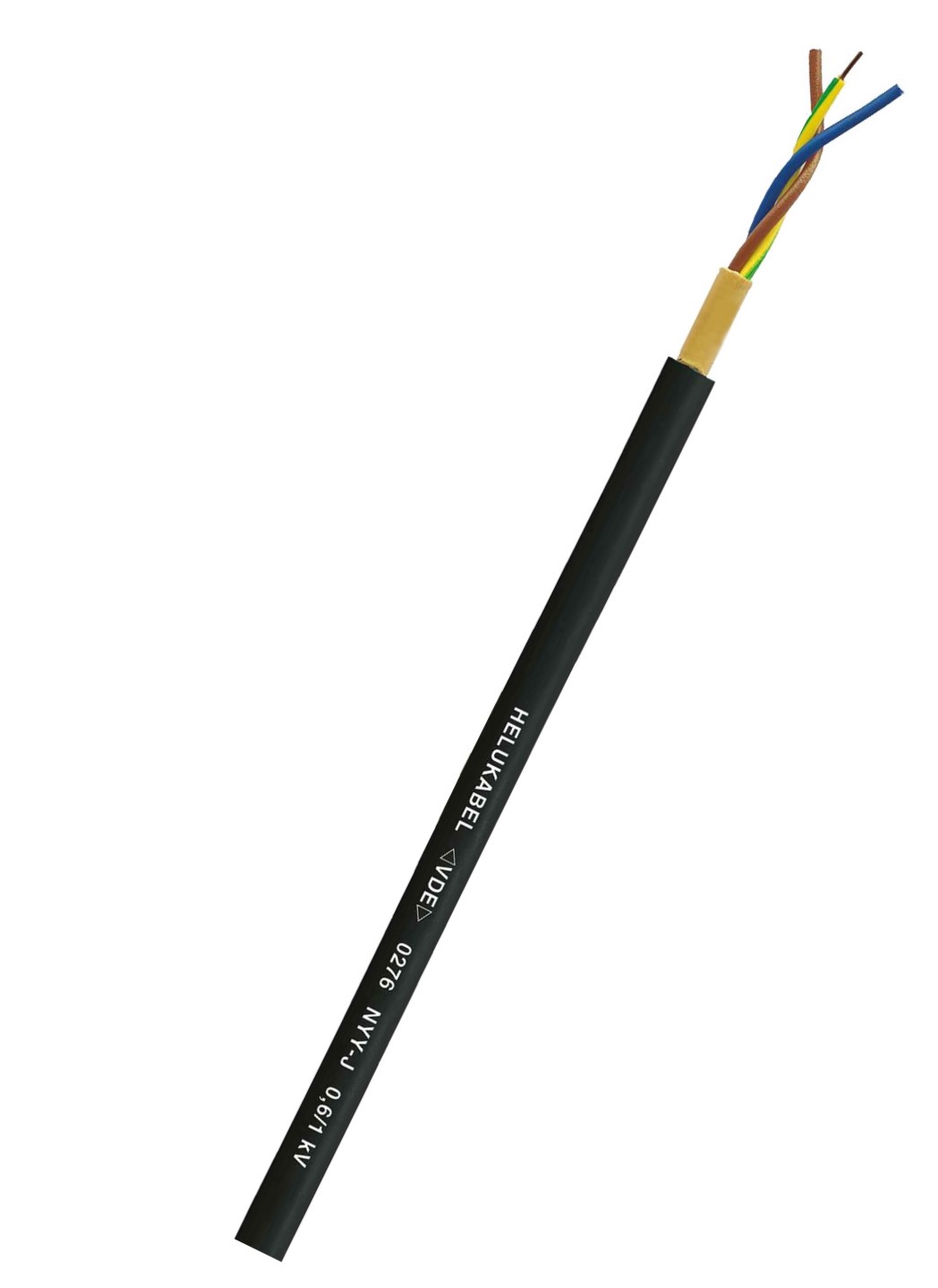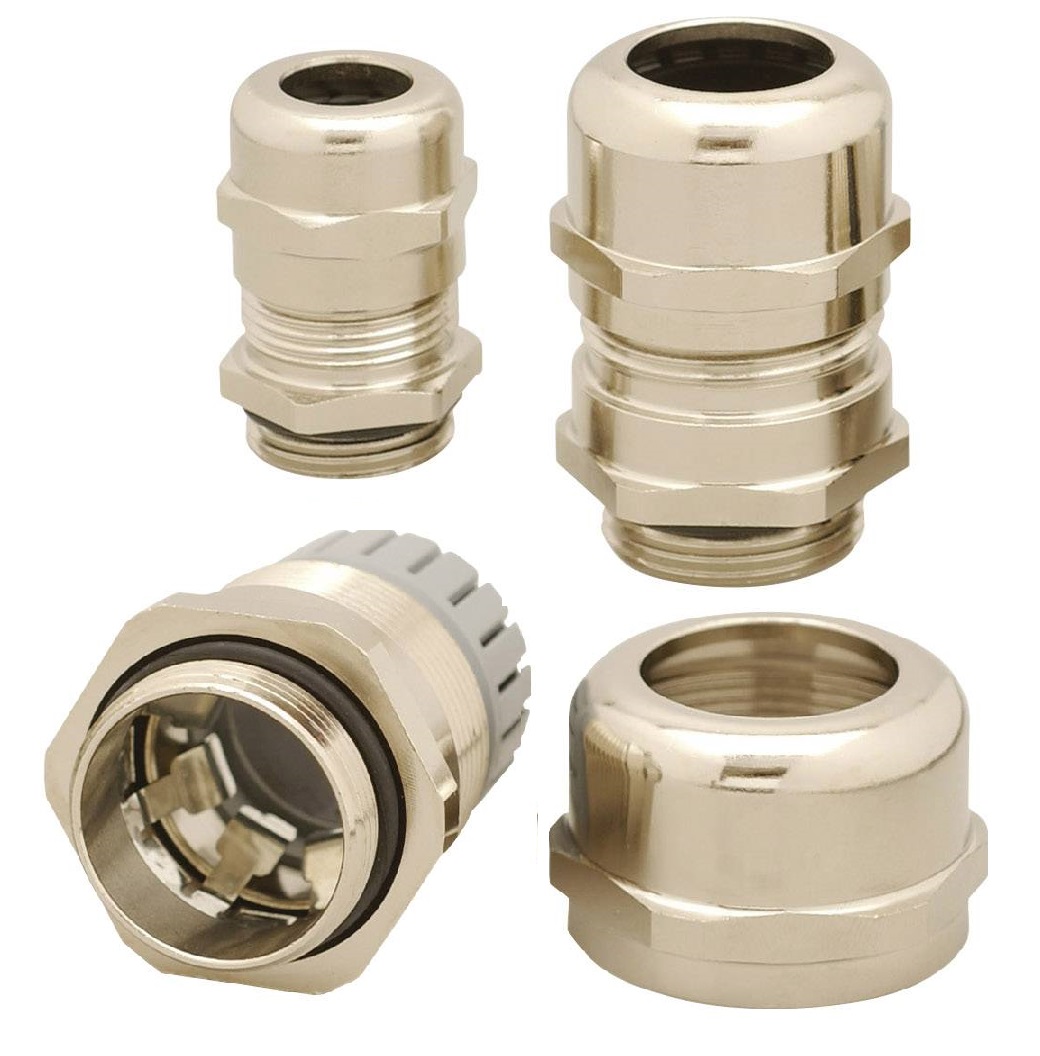
Cables and Wires
Cables and wires are used to provide power to equipment. A cable consists of one or more conductors wrapped in a sheath while the wire is a flexible metallic single conductor solution made of copper. We offer a wide range of cables, such as bio-oil resistant cables, high-voltage cathode cables, heat-resistant cables, wind-power cables, flexible control cables, servo, encoder, motor cables, and others.
Cables can be used for different industries in various conditions including plant construction in dry, humid, and damp environments, conveyors, production lines, tooling machinery, power systems, control systems, air-conditioning, etc.
HVH Industrial works with the specialized engineering teams of manufacturers to meet the requirements and highest quality standards of our customers.
If you have any questions, write us via live chat, (one of our team members will answer your questions), give us a call, or send us a quote request. The HVH team is always ready to help you.
 1(866)577-4040
1(866)577-4040
or
Cables and Wires
Manufacturers
In today's modern world, where technology drives our everyday lives, the efficient and reliable supply of power to equipment is crucial. Cables and wires play a vital role in this process, providing the necessary connection between power sources and devices. With a wide range of cable options available, it's essential to understand the differences and choose the right solution for your specific needs. In this article, we will explore the world of cables and wires, their types, and how they can enhance the performance of your equipment.
What are Cables and Wires
Cables and wires serve as conduits for electrical energy, enabling the safe and efficient transmission of power. While both terms are often used interchangeably, there is a subtle difference between them. A cable consists of one or more conductors wrapped in a protective sheath, which shields the conductors from environmental factors and prevents any interference. On the other hand, a wire is a single, flexible metallic conductor made of copper, commonly used in various electrical applications.
Types of Cables Offered
Bio-Oil Resistant Cables
In environments where exposure to bio-oils or other harsh substances is prevalent, bio-oil-resistant cables offer a reliable solution. These cables are specially designed to withstand the corrosive effects of bio-oils, ensuring long-term durability and uninterrupted power supply. Industries such as food processing, pharmaceuticals, and chemical manufacturing benefit greatly from the use of bio-oil-resistant cables.
High-Voltage Cathode Cables
For applications requiring high-voltage power transmission, high-voltage cathode cables are the go-to choice. These cables are designed to handle the demands of high voltages while ensuring safety and efficiency. Industries like chemical and large-scale manufacturing rely on high-voltage cathode cables to deliver consistent power to their equipment.
Heat-Resistant Cables
Operating in high-temperature environments can pose a challenge for standard cables. Heat-resistant cables are engineered to withstand extreme heat conditions without compromising their performance. With exceptional resistance to heat, these cables find applications in industries such as aerospace, automotive, and industrial manufacturing.
Wind-Power Cables
With the growing focus on renewable energy sources, wind power has gained significant traction. Wind-power cables are specifically designed to withstand the harsh conditions experienced in wind turbine installations. These cables are resistant to strong winds, temperature variations, and abrasion, ensuring reliable power transmission from the turbine to the grid.
Flexible Control Cables
In applications that require flexibility and maneuverability, flexible control cables are the ideal solution. These cables are designed to endure constant movement and bending, making them suitable for robotics, automation systems, and machinery that require frequent repositioning.
Servo, Encoder, and Motor Cables
To ensure precision and accuracy in motion control systems, specialized cables such as servo, encoder, and motor cables are used. These cables facilitate seamless communication between the control systems and the motor, allowing precise control over speed, position, and torque. Industries such as robotics, CNC machining, and industrial automation greatly benefit from the use of these cables.
Ensuring Efficiency and Reliability
When it comes to powering your equipment, efficiency and reliability are of utmost importance. By choosing the right cables and wires for your specific application, you can ensure optimal performance and minimize downtime. It is essential to consider factors such as environmental conditions, power requirements, and safety standards while selecting the appropriate cables. Regular maintenance and inspections also play a vital role in maximizing the lifespan and reliability of your power supply system.
Conclusion
Cables and wires form the backbone of modern power transmission, providing the necessary connection between power sources and equipment. Understanding the different types of cables available and their applications allows you to make informed decisions for your specific needs. Whether it's bio-oil resistant cables, high-voltage cathode cables, heat-resistant cables, wind-power cables, flexible control cables, or servo, encoder, and motor cables, choosing the right solution ensures efficiency, reliability, and seamless operation of your equipment.


